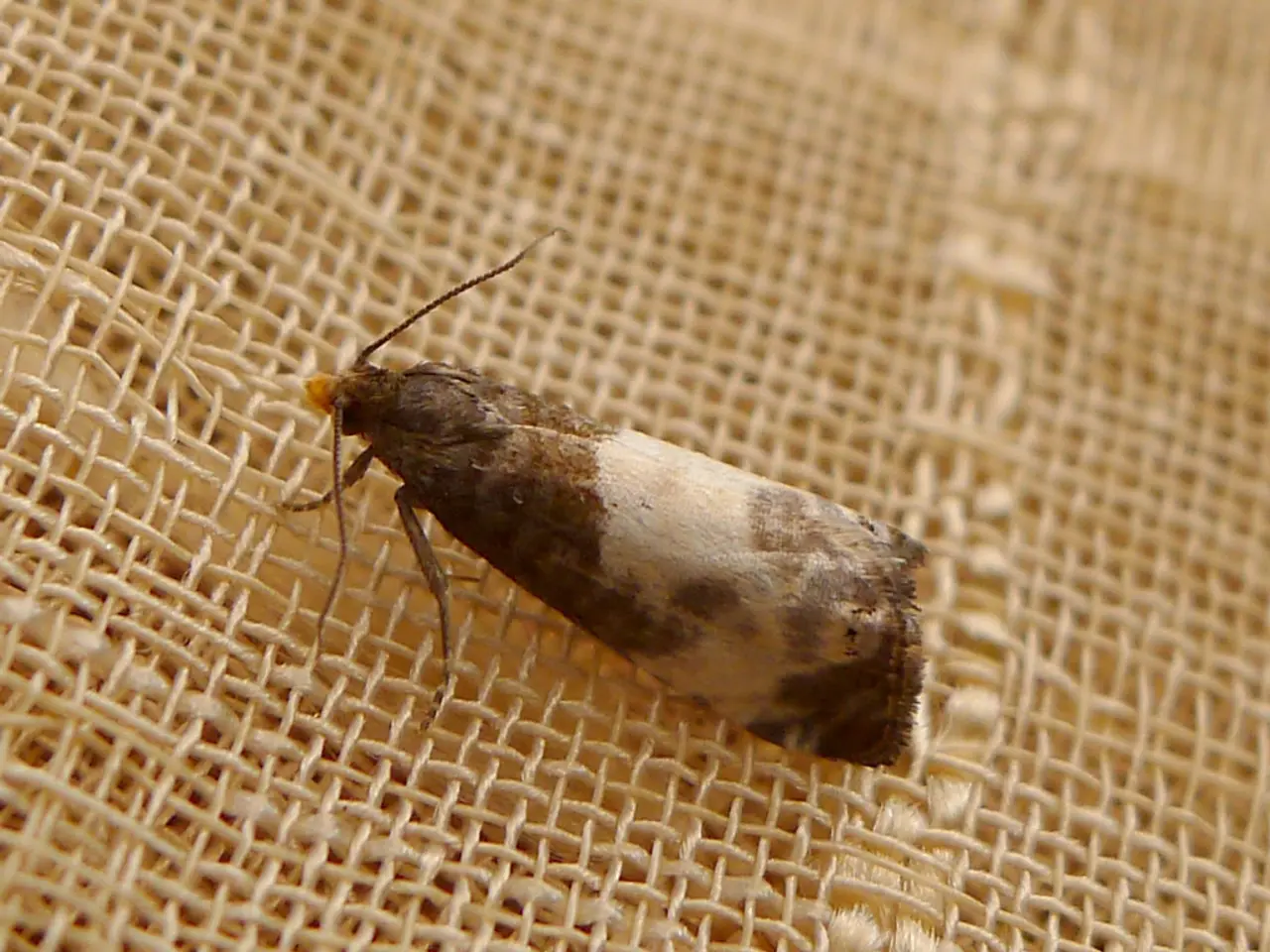Skin Itchiness (Pruritus): Understanding Inflammations, Therapies, and DIY Cures
Chronic itchy skin, or pruritus, can be a persistent and uncomfortable condition for many individuals. This article aims to provide an overview of the common causes and effective treatment strategies for chronic pruritus.
### Common Causes of Chronic Pruritus
The causes of chronic itchy skin are multifaceted and often interconnected. Some of the most common causes include dry skin, allergic reactions, insect bites and skin infections, underlying medical conditions, stress and anxiety, and neurological causes.
Dry skin, particularly prevalent in older adults or during dry weather conditions, is one of the most frequent causes of chronic pruritus. Allergic reactions to foods, medications, fabrics, or environmental allergens can also trigger itchiness. Insect bites and skin infections, such as bacterial (impetigo) and fungal infections (athlete's foot, ringworm), should also be considered.
Underlying medical conditions, such as liver disease, kidney disease, thyroid disorders, or immune system abnormalities that disrupt the normal skin or immune function, can also contribute to chronic pruritus. Psychological factors, like stress and anxiety, may also exacerbate itching. Neurological causes, such as loss of Merkel cells or other nerve-related dysfunctions, can cause abnormal itch signals without obvious skin damage.
### Treatments for Chronic Itchy Skin
Effective treatment for chronic pruritus depends on identifying the underlying cause. However, general strategies include moisturizing, avoiding irritants, topical treatments, home remedies, medical advice, and avoiding scratching.
Moisturizing is key to restoring the skin barrier and reducing dryness-related itchiness. Use a hypoallergenic, fragrance-free moisturizer multiple times daily. Avoiding irritants, such as harsh chemicals, hot showers, and fabrics that worsen itching, is also important.
Topical treatments may include antihistamine creams for allergy-related itching, hydrocortisone ointments to reduce inflammation in mild rashes, and antibacterial or antifungal creams if infection is present. Home remedies, such as cold compresses, cool baths with colloidal oatmeal or baking soda, and use of humidifiers to maintain skin moisture, can also provide relief.
Persistent or severe itching requires consultation with a dermatologist to investigate underlying causes and may lead to treatments targeting immune system imbalances or systemic diseases. Compulsive scratching should be avoided to prevent skin damage and secondary infections.
### Additional Insights
Some chronic itch cases may stem from immune system dysfunction, requiring targeted immune therapies beyond standard topical treatments.
In summary, chronic pruritus is multifactorial and often requires a combination of skin care, avoidance of triggers, topical medications, and medical evaluation to address any systemic causes effectively.
- Underlying medical conditions, such as diabetes or thyroid disorders, can contribute to chronic pruritus in a persona.
- Allergies to foods, medications, or environmental allergens can trigger itchy skin, which can be particularly bothersome for someone with atopic dermatitis or hives.
- Psoriasis, a type of skin disorder, may cause dry and itchy skin, especially on the elbows, knees, and scalp.
- Stress and anxiety can exacerbate chronic pruritus, making it difficult for a person to find relief from the discomfort.
- Deep-seated causes of chronic pruritus may include neurological conditions like the loss of Merkel cells or other nerve-related dysfunctions.
- A predictive approach to chronic pruritus management may involve evaluating a person's skin type, allergies, and medical-conditions to develop a personalized treatment plan.
- A dry, itchy rash may be a sign of dehydration or a skin care issue, encouraging a person to adopt a routine that includes moisturizing and aq-balanced skincare products.
- Skincare is crucial for maintaining healthy skin and preventing dryness, a common cause of chronic pruritus.
- COPD, a chronic lung disease, can sometimes cause itchy skin due to dehydration or medication side effects.
- Obesity and related health issues can lead to skin infections and other skin problems, potentially contributing to chronic pruritus.
- Science and medical research are continually advancing our understanding of the causes and treatments for various skin-related health-and-wellness conditions, including chronic pruritus.
- Naive may some people are when it comes to understanding the complexity of chronic pruritus, making it important to educate them about the condition and its related causes and treatments.
- Effective treatment for chronic pruritus can involve a combination of skincare, medical advice, and targeted therapies.
- It is essential to avoid compulsive scratching to prevent skin damage, especially in the case of conditions like eczema or dermatitis, as the scratching can worsen symptoms and open the door to secondary infections.




